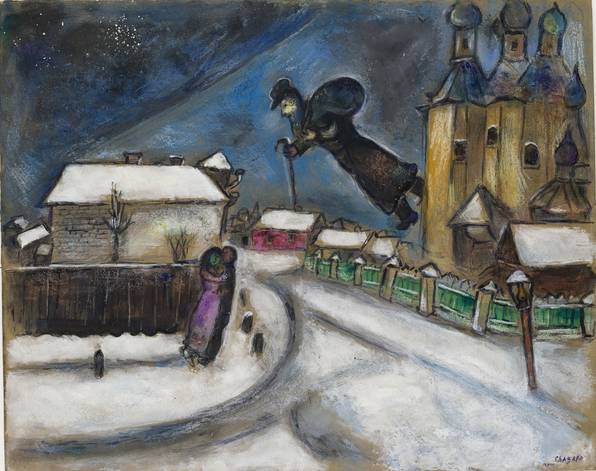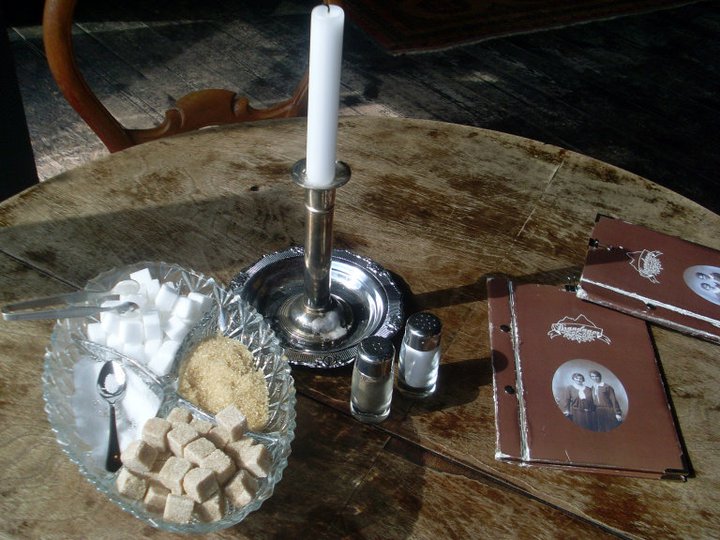It was a year on from that roller coaster season of good-byes and packing and planning and crying and dreaming… Most of you know the craziness that is a major transition. After 15 years in the same city, my roots were deep. And pulling them up was hard.
Still – I had survived and even made it through the first year back in my passport country. My team needed (and offered!) a lot of grace and patience to put up with me. We had bonded over cultural mistakes and frustrations – and lots of coffee and pastries!
I was doing well. Or so I thought. Then June hit and those dreaded good-byes started again. Only this time, I was not the one leaving. I was staying when most of my team, most of the people I had done life with for the past year, came to the end of their time in this city. I was so not prepared for this. I was still recovering from the previous season of good-byes. I had started putting down small, fragile roots over this past year. They had become intertwined with those of the people around me. With them leaving, I found myself almost ripped loose again. Roots were broken. I was all alone in my little patch of ground.
Well, not quite, I wasn’t. Some people were still there. People who had been here a little longer, who were able to give me a bit of stability. And so I continued on. At first reluctant to allow the newbies to get close but with time, having enough of a network around me that the constant goodbyes became (a bit) more bearable. Even if they do still suck.
Here is what I’ve learned over the years. Not all goodbyes are created equal.
Leaving is hard. Saying goodbye to people and places that will forever be part of your heart and life is tough. Yet somehow, you build up to it, you have people cheering for you, and so you get through. My big transitions have all been by choice. A season came to an end. I have never had to leave (be it for medical, financial, security or other reasons). Oh my heart goes out to everyone who has experienced that. So many more layers to thpse goodbyes. I am keenly aware that’s a story for someone else to tell.
Few of us are prepared for the ongoing goodbyes that come with living in any kind of international context. Yet for many of us, they are so much part and parcel of life. The amazing gift of new people coming into our lives, and the sadness of friends leaving. So with time, we become good at doing goodbyes well. We help with the packing, cleaning, painting. We babysit. We express gratitude and appreciation. We have some of the “hard but necessary” conversations. And we stay.
In case you’re wondering – no, it doesn’t work that perfectly in my world either. But we learn, we grow. And we do get better at this, those of us who are stayers.
Ok, let’s get back to those “first time stayers”. Hearts still a little bit fragile from the big transition they’re starting to emerge from, they’re in a unique place. So many firsts in these x number of months! This “end of school year and lots of goodbyes” season is another one of those firsts.
If you’re in that place, can I give you a (virtual) hug? It’s hard! Please don’t give up! Please don’t let your heart be hardened, even if it does feel safer! Look around you and see who is still there. Have the courage to keep engaging in these remaining relationships. Allow yourself to feel the pain that comes with this season but equally allow yourself to look ahead, to find things to look forward to. Learn to hold the two in tension.
For those of us who have done this staying thing a little bit longer, let us extend extra amounts of grace to those whose fragile roots are getting damaged and broken all over again. Let us encourage their hearts and let us be grateful for the blessing that their newness to this is to us. Let us cry with them, keeping our own hearts soft.
And for all of us, “Praise be to the God and Father of our Lord Jesus Christ, the Father of compassion and the God of all comfort, who comforts us in all our troubles, so that we can comfort those in any trouble with the comfort we ourselves receive from God.” (2 Corinthians 1:3-4). Let us receive God’s compassion and comfort, with the readiness to share it with others.
How have you experienced the different kinds of good-byes? Do you have any tips on supporting “first time stayers” well?
This post has been linked to Velvet Ashes, an encouraging site for women serving cross-culturally.
Photo by Renee Fisher on Unsplash






